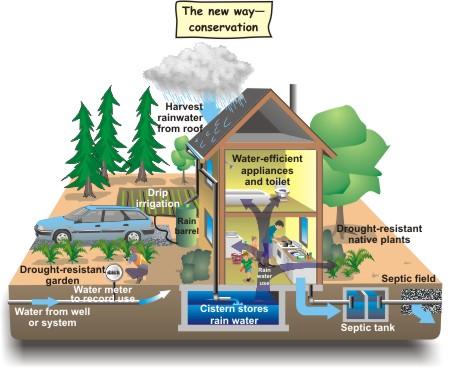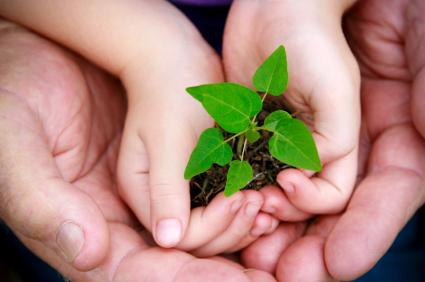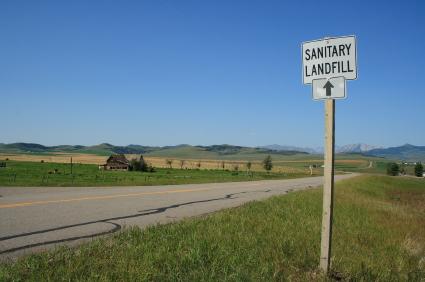Climate Pollution Reduction Grant
SCAG is working with partners throughout the region to identify strategies to reduce climate pollution through the Climate Pollution Reduction Grant (CPRG) program administered by the U.S. Environmental Protection Agency (U.S. EPA). In 2023, the U.S. EPA awarded planning grants to select metropolitan statistical areas (MSA) and states across the county, including three MSAs in the SCAG region:
Clean Cities Coalition
The Southern California Clean Cities Coalition is a U.S. Department of Energy (U.S. DOE) designated coalition in the Clean Cities and Communities partnership. The mission of the U.S. DOE’s Clean Cities and Communities partnership is to advance the nation’s economic, environmental, and energy security by supporting local decisions to adopt practices that reduce petroleum consumption.
- SCAG PEV Readiness Plan Document
- South Bay Cities Subregional PEV Deployment Plan
- Western Riverside Subregional PEV Deployment Plan
- PEV Readiness Plan - Introduction to PEVs
- PEV Readiness Plan - Chapters for Employers
- PEV Readiness Plan - Chapters for Building and Retail Owners
- PEV Readiness Plan - Chapters with Model Zoning and Building Codes
- PEV Readiness Plan - Chapters for Public Sector Planners
- AI-Based Mobility Monitoring Pilot Listening Session
- Read more
Climate Change
The Global Warming Solutions Act
 SCAG is addressing the climate change
challenge through implementation of recent State legislation. In
2006, Assembly
Bill No. 32 (AB 32), the California Global Warming Solutions
Act, passed into law requiring that statewide GHG emissions be
reduced to 1990 levels by 2020. This would represent reducing
about 30 percent from business-as-usual emission levels projected
for 2020. On December 11, 2008, the California Air Resources
Board (ARB) adopted a comprehensive Scoping Plan outlining the
state’s strategy to achieve the 2020 GHG emission
reduction target.
SCAG is addressing the climate change
challenge through implementation of recent State legislation. In
2006, Assembly
Bill No. 32 (AB 32), the California Global Warming Solutions
Act, passed into law requiring that statewide GHG emissions be
reduced to 1990 levels by 2020. This would represent reducing
about 30 percent from business-as-usual emission levels projected
for 2020. On December 11, 2008, the California Air Resources
Board (ARB) adopted a comprehensive Scoping Plan outlining the
state’s strategy to achieve the 2020 GHG emission
reduction target.
Open Space
Open Space & The Quality of Life
The concept of sustainability includes “Improving the quality of human life while living within the carrying capacity of supporting ecosystems.[1]” As our region grows and urbanizes, we are modifying the natural world and diminishing the availability of resources for future generations. While we continue to improve our quality of life, we must also create a sustainable framework for the future.
Water
Sustainability & Water
 Additional water resources will be
needed to meet the growing population and economy of the SCAG
region. Sufficient water supplies are needed to meet these future
water demands. In addition water quality and watershed management
needs to be addressed.
Additional water resources will be
needed to meet the growing population and economy of the SCAG
region. Sufficient water supplies are needed to meet these future
water demands. In addition water quality and watershed management
needs to be addressed.
Water supplies in the SCAG region come from a blend of local and imported sources. Water conservation, or efficiency, involves technological and behavioral changes that lower the demand for water.
Solid Waste
Waste Reduction & Global Climate Change
Solid waste reduction and recycling help address global climate change. The manufacture, distribution and use of products – as well as management of the resulting waste – all result in greenhouse gas emissions. Waste prevention and recycling reduce greenhouse gases associated with these activities by reducing methane emissions, saving energy, and increasing forest carbon sequestration.
SCAG Sustainability Awards
The SCAG Sustainability Awards recognize projects for contributing to the goals of the Connect SoCal Regional Transportation Plan/Sustainable Communities Strategy and for achieving progress toward a more mobile, sustainable, and prosperous region.
CONTACT
For questions regarding the 2024 SCAG Sustainability Awards, please contact:
Lyle Janicek
janicek@scag.ca.gov







